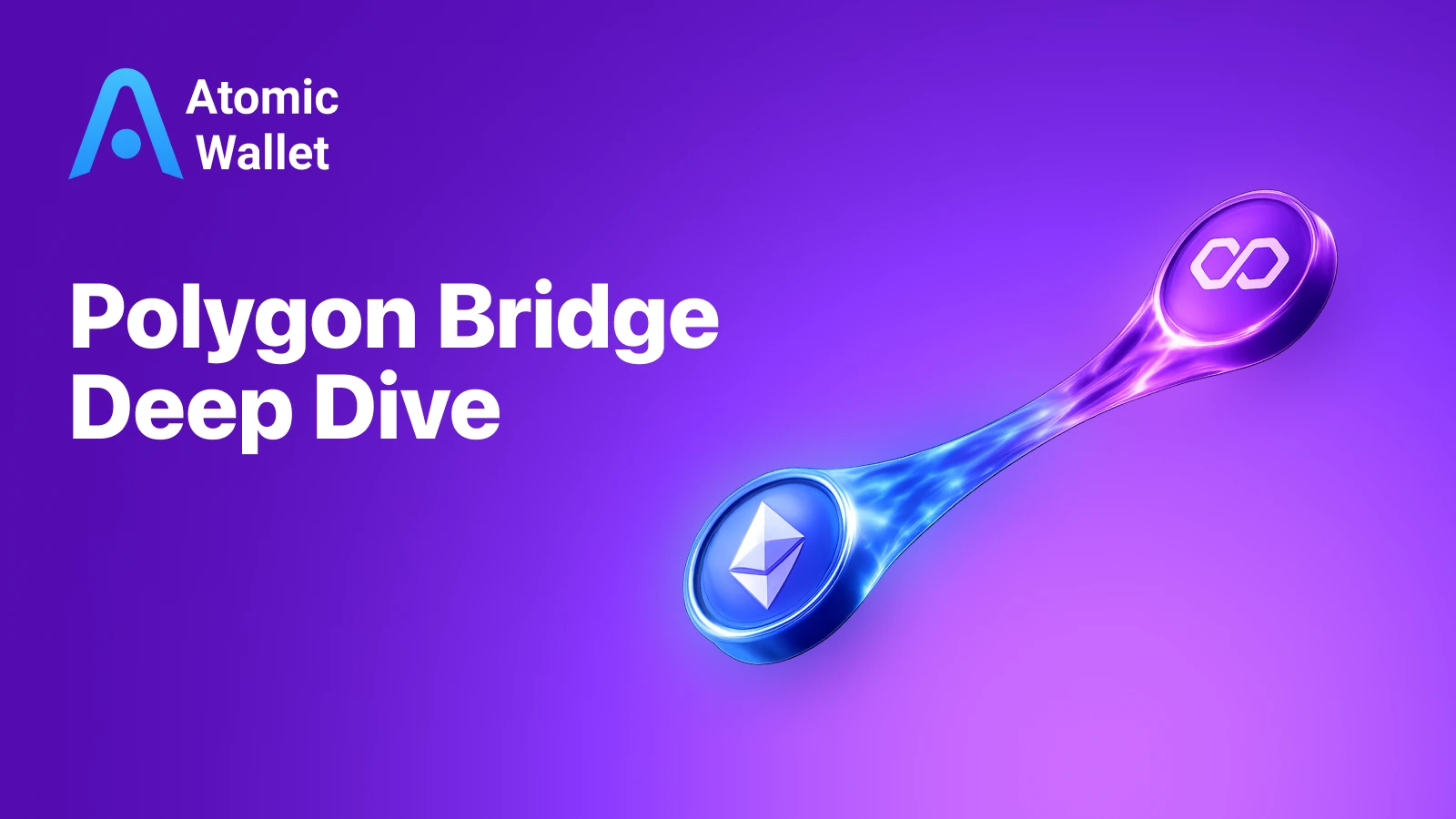Assets

Exchange

Buy Crypto




With all the advantages that cryptocurrencies and blockchain bring into our lives, they are not deprived of some risky points which you should keep in mind as a future holder of coins.
Roughly speaking, all these features may be reduced to one characteristic which is the security of your funds. Whatever currency you buy, its safety will largely depend on the precautionary measures you take, and one of the most important ones is to choose where to store your funds.
Basically, there are two types of wallets: custodial and non-custodial. In a nutshell, custodial wallets store your private keys on a server, while non-custodial wallets let you remain in full control over your funds. Now, let’s take a close look at their differences.

The first main difference lies in where your keys are stored. Private keys and mnemonic seeds are necessary to access your wallet in case of an emergency. If you choose custodial storage, it will keep your keys on the server, and you will need only a login and password to access the wallet.
As easy as it may seem in comparison to entering private keys, trusting a third party with your private information is not the most secure way to store the funds. On the other hand, a non-custodial wallet (for example, Atomic) encrypts and store the private keys only on the user’s device so that nobody else is able to access the money.

Trusting a third party with your private information means that any action you want to perform with your funds should be confirmed by this third party. In this sense, custodial wallets are similar to traditional banks, where transactions might take up to one week because you need to get approval of every step however small it might be. Conversely, with Atomic as a non-custodial wallet, you’ll be able to perform instant withdrawals, which makes the process much easier and faster. Whether you want to send money to your friend or practice trading, you’ll be able to send funds as soon as you make a decision.

There are many possible force majeure threats, and one of them is a chance of your funds being frozen due to KYC (Know Your Customer) requirements. Exchange platforms are obliged to comply with law regulations, and governments or other authorities have every right to request additional information on users within their jurisdiction.
KYC procedure normally takes up to three days, but the bank is entitled to require details in case a transaction seems suspicious. Another consequence of trusting custodial platforms with your funds is that the process of maintenance might freeze all the assets kept on the platform. Exchanges care about user’s funds and their security. That’s why your crypto can be frozen if you send it on exchange. In case, you simply hold crypto in the wallet, which doesn’t have control over your funds and your private keys, nothing will happen under any circumstances.

Another potential threat to custodial wallets is a possibility of hacking. Centralized exchanges have a huge database of users, and they store their funds in cold and hot wallets. Cold wallets seem to many hackers as not an easy target due to the requirement of several confirmations to access the money. However, there are still many examples of thefts of funds due to security breaches on such platforms. Mostly, there is a possibility of hot storage’s hacking.
For instance, in 2014, the Japanese exchange Mt. Gox, which was hosting 70% of all bitcoin transactions at that time, was hacked, and consecutively, its users were deprived of over $450 million. Thus, custodial platforms can’t protect you with the maximum level of security because of their centralized model. On the contrary, Atomic stores your private keys and codes the access to them, which is one of the safest storage options known today. Even if a hacking attack occurs, your wallet will remain safe and sound because it is stored on your personal device at your home.

Finally, custodial wallets are vulnerable should a fork happen. One of the most recent examples is the case of the Bitcoin Cash fork: its implementation left numerous platforms and exchanges such as Coinbase without access to the funds, and their customers could not send and receive coins unless the platform allowed the transactions. Later, when BCH wallets became operational, users had to wait until BSV was implemented on the platform. On the other hand, non-custodial wallets didn’t experience any difficulties because of the hard fork. Continuing with the example of BCH, users of non-custodial wallets were able to access their funds despite the fork.
When choosing between a wide range of wallets available today, take into consideration the safety of your funds in the first place. Briefly, custodial wallets store the funds on a centralized server and provide customers with a login and password. As easy as it looks like, a user might not be able to access their money without the consent of the platform, which happens in cases of KYC, maintenance works or even a hard fork. On the flipside, non-custodial wallets provide you with the software which you install on your device and then use to your advantage, having full control over your funds.
All in all, non-custodial wallets such as Atomic have proved to be the best storage option because in this case, you are the only person to have access to it. Anyway, some users recommend to combine custodial and non-custodial storages to make the best of both of them, and it is not a bad idea as long as you don’t keep much money in your custodial wallet.

Learn how Polygon Bridge works and move Polygon crypto like USDC Polygon between Ethereum and Polygon step by step.